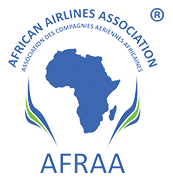Taking the stage at IATA’s World Financial Symposium (WFS) in Doha, Philip Fernandes, Accelya’s SVP of Product Strategy (Settle Group), explained that the ambition of the third horizon is to allow airlines to move into an era of high-performance retailing.
“We must go from being process-driven to being continuously customer-centric. You start putting your passengers in the center and see what benefits them, how you can make their life easy,” said Philip.
Achieving this goal requires a different view of system architecture. Instead of looking at offer, order, payment, fulfillment, and settlement as separate steps, they should be regarded as ‘one big integrated work’ capable of supporting new and dynamic products.
“If front-end systems can provide the required data, it’s easy to do the entire real-time processing and posting to ERP… It’s about taking control of your revenues and liability in real-time.”
With an Order Management System capable of bringing together accurate data into downstream systems, airlines can benefit from faster settlement, improved cash flow processes, and potentially new opportunities such as inter-modal and third-party services.
Accelya’s experience of operating such systems in live environments has been encouraging. According to Philip, the new standards necessary to implement simplified, unified systems work.
In short, it is not just revenue accounting getting evolved to order accounting. It is the entire ecosystem that is changing. And as part of the ecosystem, we need to think about how the world will look without tickets, EMDs, and even PNRs. A lot of things are built around PNRs (not only in full-service airlines but even in the low-cost carriers), but you need to think of a world outside of all these things.”
To hear more from Philip Fernandes and watch the whole panel, click on this link.
